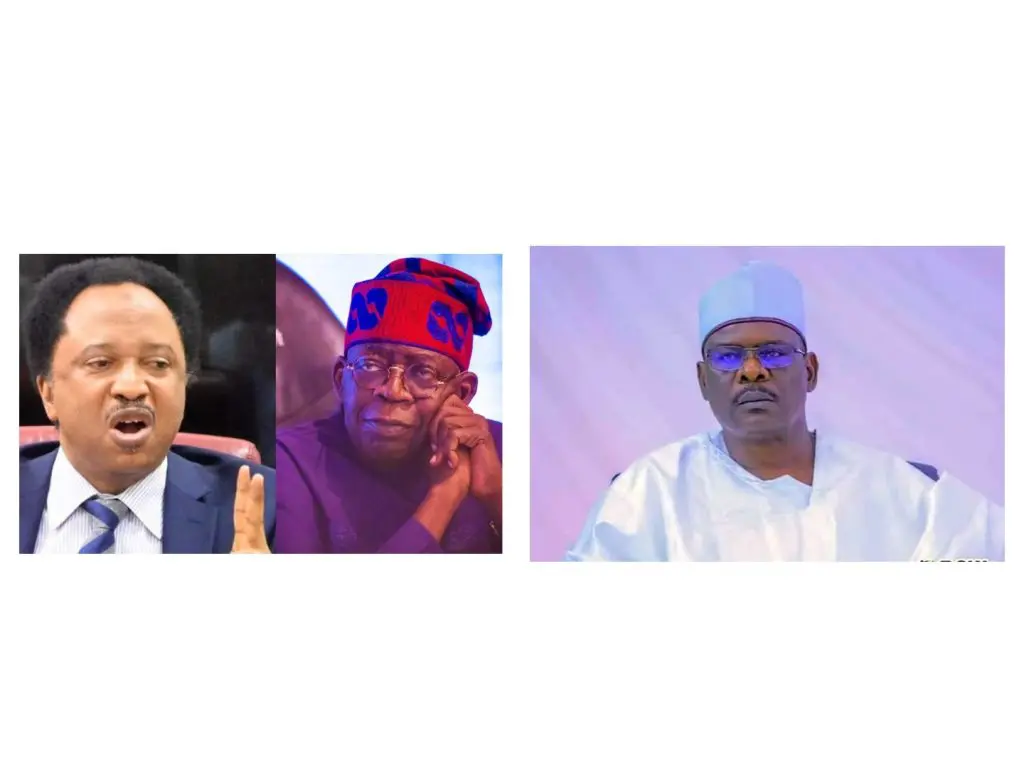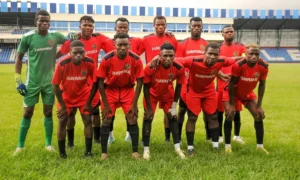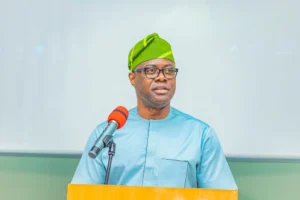The debate over President Tinubu’s proposed tax reform bill is causing division among Nigerian lawmakers, especially between two former Senators—Shehu Sani and Mohammed Ali Ndume.
Sani, who once represented Kaduna Central, argues that the tax reform is in the best interest of the Northern region, contrary to concerns expressed by some northern lawmakers and elites. Many of them worry the bill could negatively affect the North if passed.
The controversy began when President Tinubu presented an executive bill to the National Assembly in October, proposing four major reforms. These include changes to the Nigeria tax laws, tax administration, and the establishment of a Joint Revenue Board.
However, Ndume, representing Borno South, is firmly against the proposal. He believes that introducing the tax reform at a time when Nigeria is in an economic crisis is a bad move. Although Ndume admitted he hasn’t fully studied the bills, he expressed concerns that the reform could lead to higher domestic costs for Nigerians, who are already struggling. He argued, “People are struggling to survive. Let people live first before you start asking them for tax.”
On the other hand, Shehu Sani disagrees with Ndume’s assessment. Sani criticizes Ndume for opposing the reform without fully understanding its potential benefits. According to Sani, the tax reform has provisions that would benefit all regions, including the North. One of the key changes is that states would be able to control their own Value Added Tax (VAT), instead of sending it to a central account. Sani believes this is a fair way to distribute resources and will help generate more revenue for both states and the federal government.
Sani also emphasizes that the reform would address issues like tax evasion and corruption linked to tax waivers given to large businesses. He assures that the proposal will not lead to increased taxes or job losses, as some fear. In fact, he believes the reform could create a much-needed shift in Nigeria’s outdated tax system and help generate more revenue for the country. He warns that not passing the reform could harm Nigeria’s economy.
Sani advises Northern State Governors, who have expressed opposition to the bill, to engage experts to study the proposals, especially if they don’t have the time to review the details themselves.
While Ndume calls the tax reform “ill-timed,” Sani sees it as a bold move that could bring positive change. The debate continues as lawmakers in the National Assembly consider the proposal.







